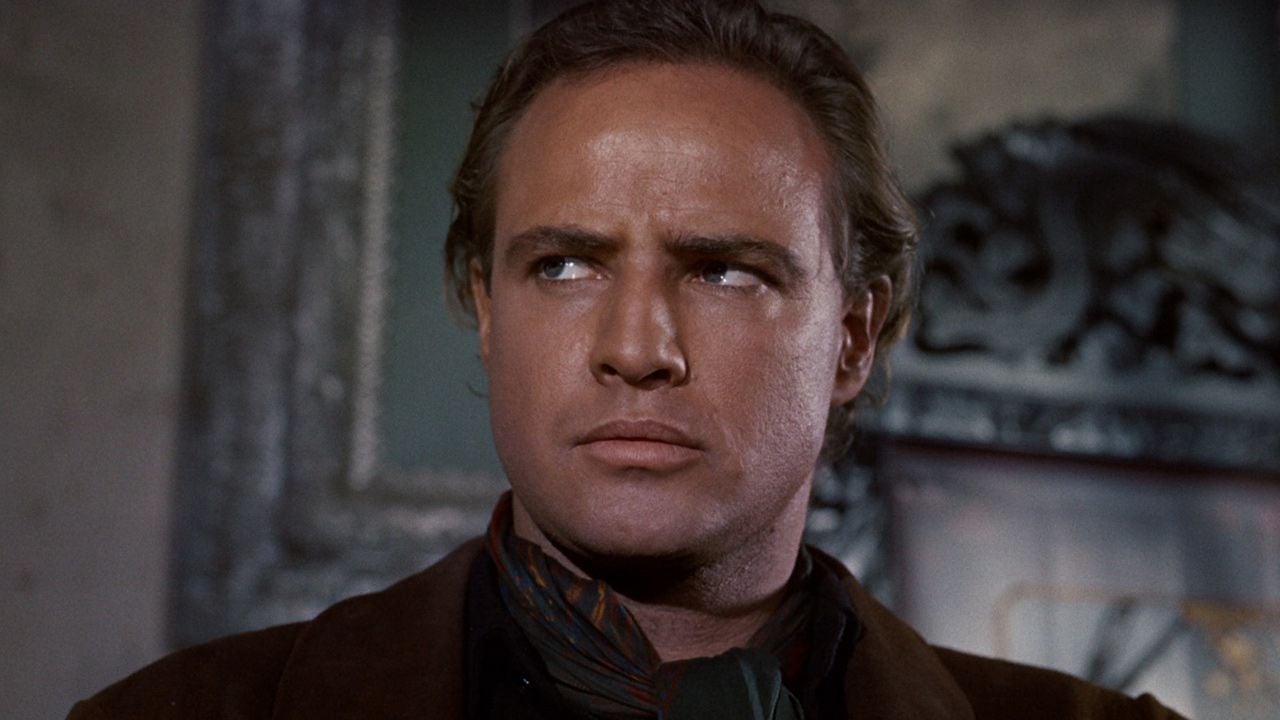A film loosely based on Balzac’s work shows the young poet engulfed by the law of profit and manipulation
In 2007 Jacques Rivette made perhaps the finest of his films – his definitive masterpiece and the great French film of that decade – but Don’t touch the axadapted by Honoré de Balzac (The Duchess of Langeais) and played by Guillaume Dépardieu and Jeanne Balibar, had limited repercussions. It looked like an old-fashioned movie. Jeanne Balibar now makes the connection with another Balzac adaptation, lost illusions, in theaters, after going through a hurricane for César, the French Oscar, winning six statuettes, including best picture, screenplay, new actor (Benjamin Voisin) and supporting role (Vincent Lacoste). Rivette should have received this consecration 15 years ago, but that doesn’t mean that recognition lost illusions not to be deserved. It is a great film by Xavier Giannoli.
Balzac, with its provincial scenes and the Parisian life that compose them The human comedy, made Lucien de Rubempré, the protagonist of this particular novel, one of its emblematic characters. The talented but not well-born young man, who leaves the countryside in search of the lights of Paris, acquires an unexpected notoriety and ends up being involved in the cruel monetary and political manipulations of the aristocracy. Giannoli made his period adaptation with a contemporary look, looking for the resonance of his lost illusions of Lucien / Voisin in relation to the present world.
Giannoli was young, like Lucien, when he discovered the book. He studied literature and from what he can remember, when he opted for cinema, he maintained this desire to (re) tell the story of the naive boy who lets himself be dazzled by the court. The loss of illusions is a very intimate and painful process, but in the film, as in the book, two other themes are intertwined. Fake news is not a recent invention and the fourth power – the press – can be offensive and corrupt even when it claims to act in the name of truth. Jacques Fieschi, who co-wrote the screenplay, collaborated with Giannoli and Nicole Garcia in writing their films. Fieschi and Giannoli maintain the basic structure but expand it towards modernity, or topicality.
In love with Louise de Bargeton / Cécile de France, to whom he dedicates poetry in the provinces, Lucien follows her to Paris, when her husband discovers their involvement. His double dream is to add a perfume of nobility (Rubempré) to his name and be recognized as an author. He becomes critical and ferocious, but does not realize how he is manipulated by his mentor, the astute Lousteau / Lacoste, and above all by the perfidious Marquise D’Espard, who manages the parlor games.
Jeanne Balibar is magnificent on paper, in a different register than the Duchess of Langeais. Full of twists and turns, the voluminous love story is condensed into a two-and-a-half hour film. She would have done a series, or a miniseries, but Giannoli did the prodigy of keeping the fictional structure in a more streamlined story. It is for those who love fast-paced movies. Just to remind you that Giannoli is the director of Margherita pizzawith Catherine Frot, who was later reprized by Stephen Frears with Meryl Streep – Florence: who is this woman? – but his version is better.
Source: Terra
Emily Jhon is a product and service reviewer at Gossipify, known for her honest evaluations and thorough analysis. With a background in marketing and consumer research, she offers valuable insights to readers. She has been writing for Gossipify for several years and has a degree in Marketing and Consumer Research from the University of Oxford.




-vbbv3xdoe054.jpg)

